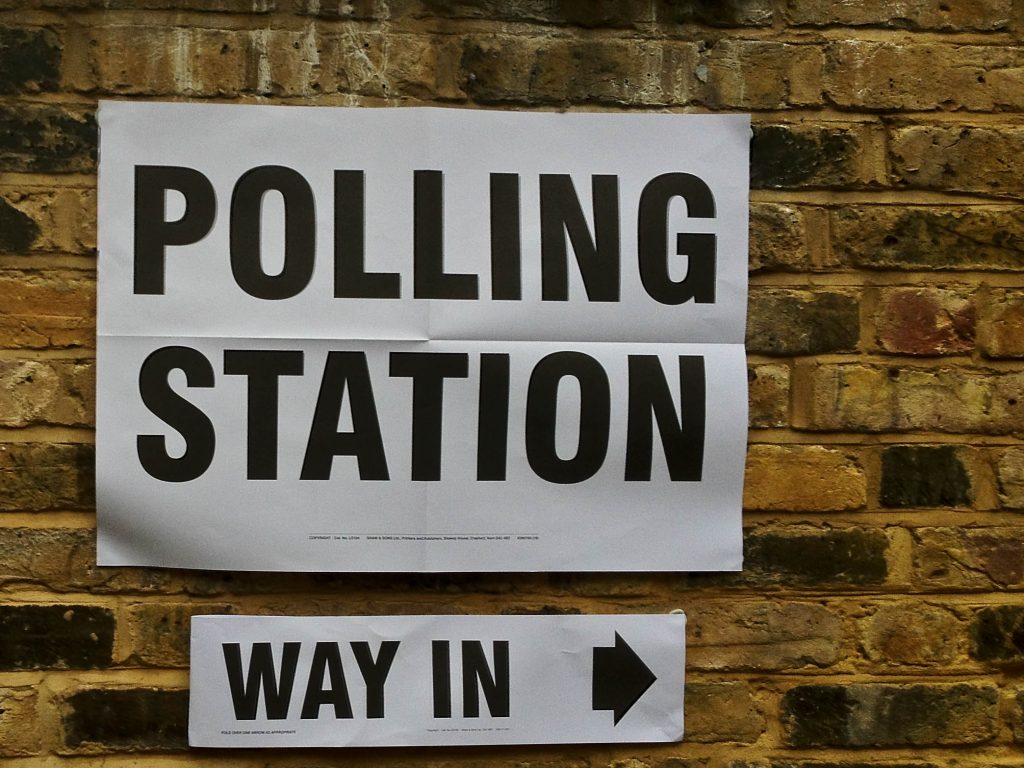On 5 May voters went to the polls to elect 108 Members to the Northern Ireland Assembly. Elections in Northern Ireland are an excepted matter, meaning the UK Parliament is responsible for electoral law and policy. The timing of the election is a matter for the UK Parliament. The election is administered by the Chief Electoral Officer (CEO) with the support of his staff in the Electoral Office and the Electoral Commission will produce a report on the running of the election. This is not to say that the Assembly has not been willing to engage on the issue – the CEO and the Commission gave evidence to the OFMdFM Committee during the last mandate.
But with the Scottish Parliament already exercising more powers in this area and the likelihood of the National Assembly for Wales following suit, is there scope for transferring responsibility for Assembly elections?

The Northern Ireland (Miscellaneous Provisions) Act 2014 allows the Assembly to legislate on two electorally-related matters – local government boundaries and the number of members returned per constituency, but only with the consent of the Secretary of State. Neither confers electoral administration powers on the Assembly.
Scotland and Wales
There is a trend to devolve more electoral powers to the Scottish Parliament and National Assembly for Wales.
In Scotland, Scottish Ministers already enjoyed some competence in relation to Scottish Parliamentary elections by virtue of the Scotland Act 2012. The Scotland Act 2016 devolves further legislative and executive competence to the Scottish Parliament and Government. These include:
- timing of elections
- expenditure in connection with elections
- electoral registration: the digital service
A supermajority requirement (at least two-thirds of the total number of seats for members of the Parliament) will apply to some of these provisions.
Scottish Ministers will also have competence over the functions of the Local Boundary Commission for Scotland. Responsibility for the electoral franchise (voting age) at Scottish Parliament and local government elections had previously been devolved by way of an Order.
The Welsh situation has been complicated somewhat by the ‘pause’ put on the UK Government’s Wales Bill after it came in for criticism, but it seems likely that this process will get up and running again. The electoral powers contained in the original Wales Bill were significant, as highlighted by the Constitution Unit, and included:
- the National Assembly would be able to determine the entitlement to vote in Assembly and local government elections (allowing the possibility of votes at 16);
- the voting system used to elect Assembly members;
- the number of constituencies, regions or equivalent electoral areas;
- the number of Assembly Members.
The Bill would have placed some restrictions on the use of these powers, in terms of ensuring these elections could not clash with other major elections and requiring a supermajority of two-thirds of Assembly Members voting to support any such changes.
Northern Ireland
Given the developments in Scotland and Wales, what are the prospects of the Assembly getting at least some responsibility for its elections? To begin with, there are probably legitimate reasons why elections are an excepted matter in Northern Ireland. Since the establishment of the Assembly in 1998 the electoral timetable has sometimes had to be altered as a result of political crisis and as such there was probably no realistic prospect of Westminster considering a transfer of electoral powers.
Accountability
The issue of increased accountability has been raised. In its report on the 2011 Assembly election, the Electoral Commission stated:
The accountability of the CEO (Chief Electoral Officer) to the electorate in Northern Ireland has been identified in previous Commission reports as an area that needs to improve. All electoral matters remain the responsibility of the UK Government and the Northern Ireland Assembly has no remit in this area. In order to enhance the confidence of the electorate, the UK Government should introduce improved accountability arrangements. These include extending to Northern Ireland the statutory framework of performance standards that apply in the rest of the UK, and considering how the people of Northern Ireland and their elected representatives can have greater visibility of, and a greater stake in, how the CEO manages electoral matters.
Subsequently, the Electoral Commission and the Chief Electoral Officer worked together to pilot performance standards in Northern Ireland and the 2014 Miscellaneous Provisions Act gave the Secretary of State the power to extend the performance standards framework to Northern Ireland.
The recent election appears to have passed with no significant issues around its administration emerging in the immediate aftermath with votes counted more quickly than at previous Assembly elections.
In April of this year Jeffrey Donaldson MP (Lagan Valley) asked a parliamentary question on the possibility of devolving electoral powers. In response, the Parliamentary Under-Secretary of State said that:
Electoral policy remains an excepted matter in Northern Ireland. While we are considering options for reforming the administration of elections in Northern Ireland, the question of devolving electoral policy does not form part of this review.
This would appear to rule out the prospect of any movement on the part of the UK Government in the short to medium-term and indeed the Northern Ireland Affairs Committee at Westminster has not looked at electoral matters since 2004. But with developments in Scotland and Wales, could the prospect of transferred electoral powers to the Assembly be a longer-term possibility?

